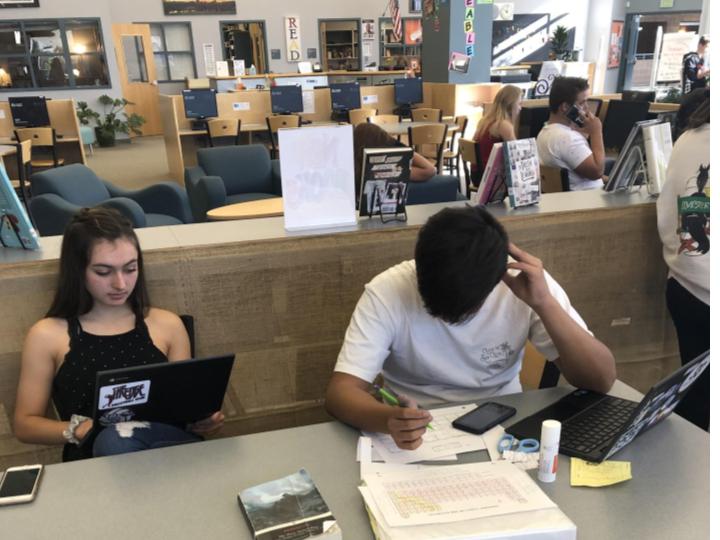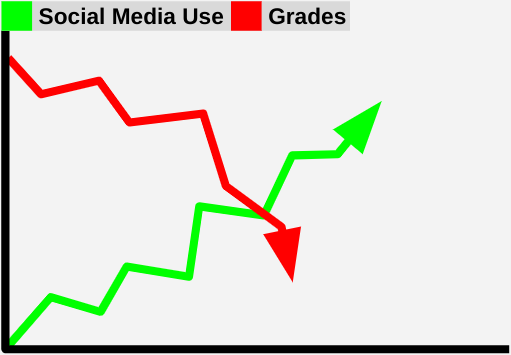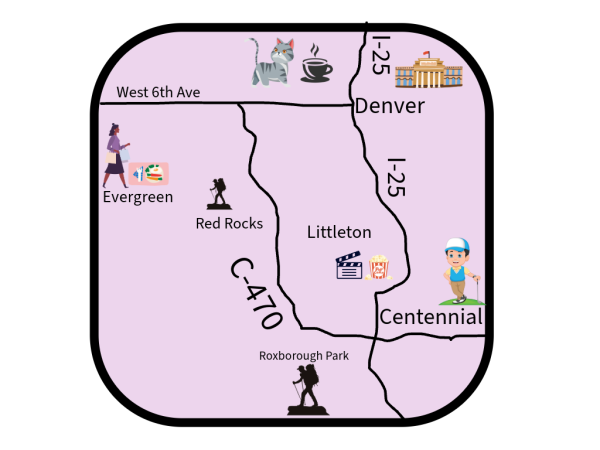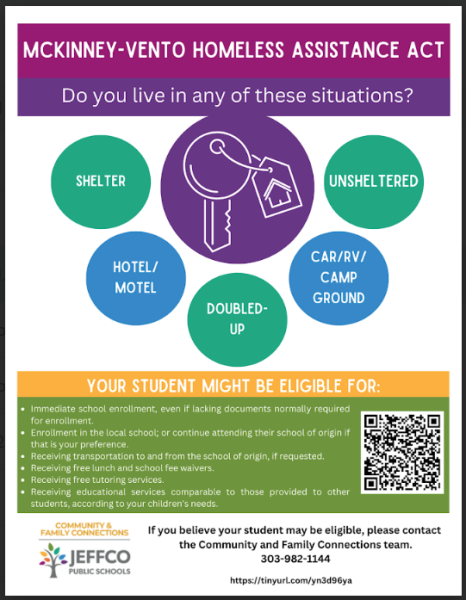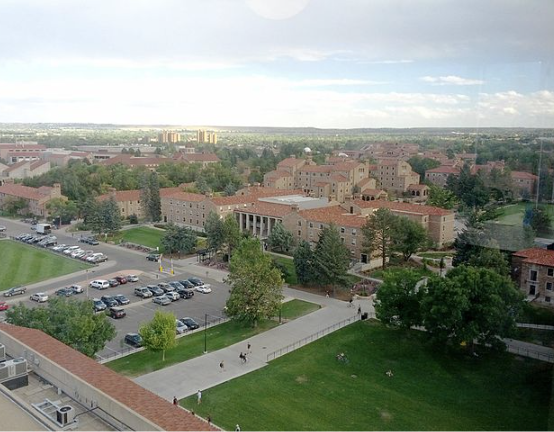The Stresses of Student Life
Students often find that their packed schedules make it difficult to meet all the requirements of their many obligations.
October 2, 2019
As the school year starts to pick up, high school students are struggling to balance jobs, sports, and academics while still trying to keep up with friends and family. This is the beginning of a build up in stress and anxiety that is affecting the students’ academic performance.
“Sports and work negatively affect me academically… I don’t balance things well because the workload is a lot to handle,” said Keona Sagen, a sophomore who is concerned about her ability to balance everything in her life.
Sagen both works and attends soccer practice 3 nights a week, on top of the heavy load of schoolwork that comes with being in the International Baccalaureate Program. Like many students, she struggles to find ways to deal with the stress. Sagen finds that most methods she tries to use to cope have the opposite effect of what she hoped– “I try to cope with stress by distracting myself to give myself a brain break, but then it stresses me out more.”
However, another student at Dakota Ridge faces some of the same problems throughout the year but feels as if she has found a balance that works for her. Catlin Vuong, a senior, works at Blue Sky Nails. Even though Vuong isn’t involved in any sports, she still deals with a lot of work and stress both at school and in her social life.
“Work makes me more responsible and gives me money so I’m happy about that,” she says. Many students such as Vuong are motivated to work for the money as they are trying to pay for gas, food, cars, and more, but for her, work also helps to teach her life skills.
Vuong feels that the workload that is given to students is appropriate, and when faced with academic stress, she has developed the skills to be successful. She only works on the weekends; so during the school days she’s focused on passing her classes and getting homework done, despite the stress.
“When I’m stressed I throw things, and I scream cuss words a lot. Then continue on with my work. I do what I do. It’s very calming,” Vuong says, laughing.
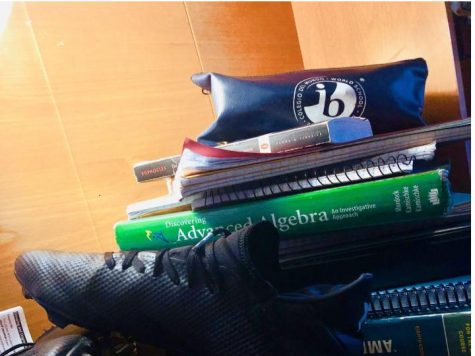
Balancing school, sports, and a social life inevitably leads to stress.
Students aren’t the only ones recognizing the pressure they’re under — there are proven mental and physical effects of stress. According to The Washington Post, Stanford University senior lecturer Denise Clark Pope and colleagues believe, according to a study performed by the university, that
“ …more time spent on homework is associated with greater stress; more compromised health; and less time for family, friends, and other extracurricular pursuits…Students who completed more hours of homework per night were at greater risk for these negative outcomes; they were also more likely to drop activities or hobbies they enjoyed in order to focus on their academic work.”
Allison Gleichman, a counseling intern at Dakota Ridge, is also aware of the stress that high school students are under.
“[Students] all are trying to handle so many different things and can experience so much pressure, whether from themselves or from families, that trying to do it all and do it well can be a lot,” Gleichman says.
Gleichman also says that the short term effects of the stress are not ideal for students’ health, and trying to balance work, school and sports can get very overwhelming — but there can be long term consequences as well, saying that “Often students end up prioritizing one [activity] to the detriment of their academics; [the Dakota Ridge Counseling Department] totally gets why that happens, but it’s not ideal for planning for the future.”
However, there are methods recommended by the counseling department that students can use to try to manage anxiety. According to Gleichman, “Finding ways to stay organized is huge….it’s crucial to find time for healthy self-care. Some students have really great coping skills like breathing, meditating, exercising, getting enough sleep.”
Despite this, it isn’t expected that students know how to handle everything on their own. Gleichman tells students that while it is important to find personal coping methods that work, “It’s also so important to ask for help. Talk to your parents or guardians, your seminar teacher, your classroom teachers — reach out. And of course, come see us! The counseling department is here to help with stress management, planning, problem solving, whatever you need.”
Stress affects people in different ways, but according to a NYU study, 49% of high school students surveyed reported feeling a great amount of stress on a daily basis, and another 31% feel somewhat stressed. The sentiment expressed by Dakota’s counseling department sums it up: “You wouldn’t let your phone’s battery die and not recharge it, so why would you do that to yourself?”


